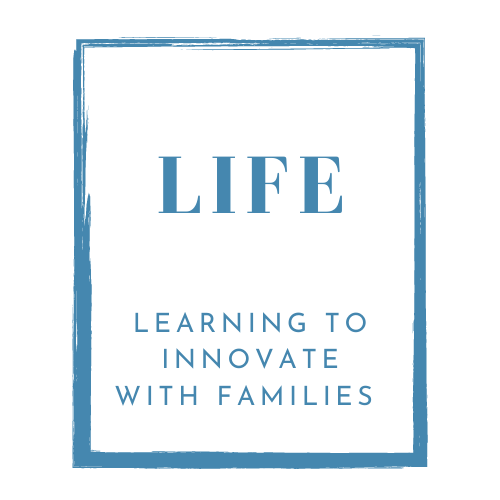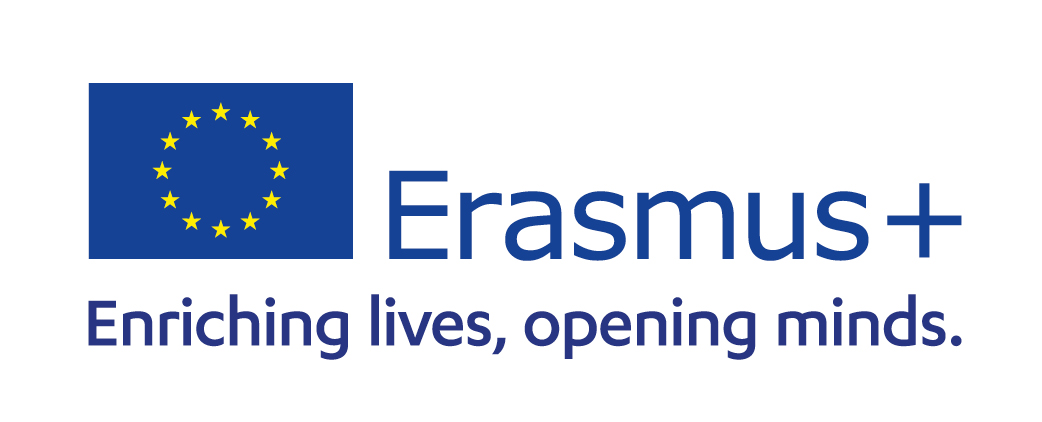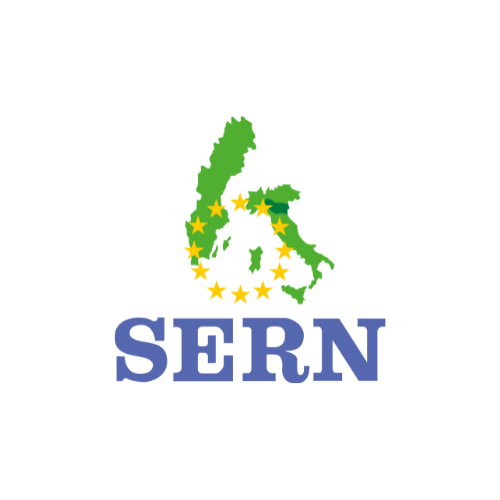

Erasmus+ KA2

The Learning to Innovate with Families (LIFE) project will seek to develop new skills, competencies, training products and methodologies to enable social workers and related professionals to innovate and adopt more effective interventions in working with families experiencing multiple and complex difficulties.
The need for the project was identified through a major research study undertaken jointly by 2 of the partners, the R&D Centre Linkoping in Sweden and the NTNU, Trondheim Child Welfare Research and Innovation Centre which involved 900 families and concluded that despite interventions by a range of professionals, there was often little change in the situation of these families over time due to a lack of innovation skills at practice level and the need for a more holistic approach. The project has a strong partnership which also includes the University of Ljubljana in Slovenia, the APCC, an NGO in Portugal specialising in disability issues, and the Municipality of Cervia in Emilia Romagna in Italy.
The objectives of the project are:
The impact and long term benefits will be to support the development of new and improved practice, in particular through the use of innovation skills in working with vulnerable families and in addressing the disadvantage faced by the families, enhancing their social inclusion.
The common skills gaps identified within the partner countries reinforces the need for a European dimension.

Our objective is to increase cooperation among the
members of the network, between Italy and Sweden
and, more in general, the North and South of
the European Union.
Stradone Martiri della Libertà, 15 – 43123 Parma (PR) – Italy | C.F.: 91251370374
Tel: +39 0521686023 – Fax: +39 0521686023 – Website: www.sern.eu – Email: secretariat@sern.eu – PEC: secretariat@pec.sern.eu
© 2024 | All rights reserved | Privacy Policy | Cookie Policy